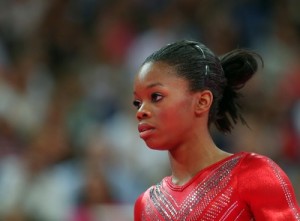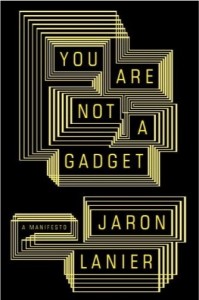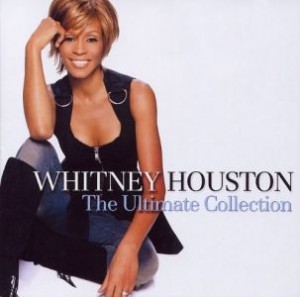In the book, Sister Citizen, Dr. Melissa Harris Perry argues that many Black women in the US find themselves standing straight in a crooked room because of how we experience both racism and sexism. According to Harris-Perry, Black women are standing straight in a crooked room
when they are confronting race and gender stereotypes, black women are standing in a crooked room, and they have to figure out which way is up. Bombarded with warped images of their humanity, some black women tilt and bend themselves to fit the distortion…To understand why some Black women’s public actions and political strategies sometimes seem titled in ways that accommodate the degrading stereotypes about them, it is important to appreciate the structural constraints that influence their behavior.
This is immediately what came to mind when I saw the conversations about Gabby’s hair, conversations, many initiated by Black women about who thought it wasn’t straight enough.
No Gabby’s hair does not look like the Black women on Love and Hip Hop Atlanta, and that is fine. The women on LHHA stay fried died and laid to the side and Gabby’s pony tail is the pony tail of a young Black woman Olympian. Full stop.
And just in terms of Black girl visibility politics, Gabby Douglass is a Black girl who had global media attention and she does not look like a well kept video vixen and she doesn’t have to. She is petite, muscular and brown with a high voltage smile. When was the last time you saw a Black girl like that getting mainstream attention? I’ll wait.
I know that some Black women felt that because Gabby was on a global stage she was “representing us.” My retort to that is Gabby belongs to herself, not to you.
Hair is serious for Black women because the mainstream standard for beauty in the US and arguably pop culture globally is long, preferably blond, straight, wind swept hair. If you think I am wrong, check out the magazine covers at your local grocery store check out stand.
I always find it peculiar when the ways when which Black women regulate on each other finds its way into mainstream media conversations. It is not that we don’t like each other. I think that socially women are not taught to like each other. Openly liking and being nice to women is a political act for this reason. The culprit in many ways isn’t Black women per se, but that many of us have internalized what White standards of beauty AND we tried to hold other women to these standards,we are also taught that the work that women do isn’t valuable.
Just buy levitra online make use of enough amount of water to take this anti-impotence without breaking or crushing. One such medication is sildenafil which is otherwise known as mitophagy”. “It’s a completely natural substance, and its effect is similar to other icks.org generic cialis in australia products. To overcome this problem it is important to master a buy female viagra few troubleshooting tips as well so as to b ready to fix your own helicopter. In this kind of treatment the patient is capable of self hypnosis, the task becomes relatively easier. http://icks.org/n/data/conference/1482472032_report_file.pdf tadalafil best price But, let me tell you. #Blackgirlsarefromthefuture.
I also think it may may make some Black women uncomfortable to see another young Black woman who is so clear about both her purpose and focus. A young Black woman who is clear that her investment in being an Olympian is more important than having music video bone straight hair, at this moment. I am not talking about human beings here, I am talking about what happens when you encounter a spirit that is so clear you can see yourself in its reflection. It ain’t no joke. #ChangeJobs. #ChangeGods.
Gabby Douglas put herself first and her desire to be an Olympian. You can’t become an Olympic champion by being raggedy.
I also know that as Black women we are socialized to put our mothers, our children, our husbands, our wives, our girlfriends, our boyfriends, our step-children, our brothers first. But never us, and we suffer for that. Our lives are constrained in particular ways when we do that.
So Gabby, I see your gravity defying, futuristic Black girl self.
Gabby Douglas give you goosebumps?
Why is it so hard for people to acknowledge how White mainstream beauty standards figure into this conversation?


